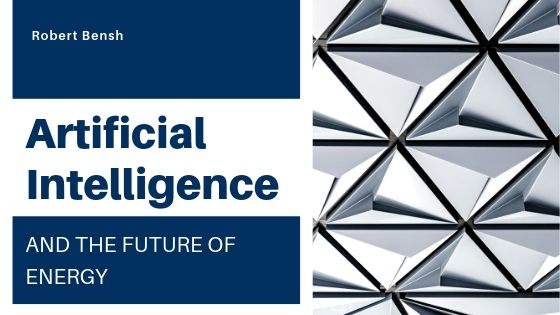Today, consumers require energy that is fast and dependable. Many also demand energy that is green, or environmentally friendly. Meeting all of these demands is a tall order. Energy sources vary, and costs and infrastructure present a large barrier. Artificial intelligence, however, may be the answer to transforming the global energy industry. The following are a few ways artificial intelligence can help provide people and businesses with the energy they need.
Managing Fluctuations and Storing Energy
One of the biggest issues with renewable energy sources is their inconsistency. Energy demands fluctuate, especially during peak times. Some forms of renewable energy, such as wind turbines, generate power based on uncontrollable forces such as natural wind. If there is not enough natural wind, there will not be enough power generated. Solar panels are similar. On a cloudy day when the sun is blocked, these panels will not be able to generate power. Other times, there is a surplus of power but not a reliable method of storing excess energy.
Artificial intelligence could be the answer to this problem. The technology is highly advanced and can analyze patterns and predict problems with a very high level of accuracy. The system would be able to measure how much energy is needed, store extra energy, and utilize the backup power if need be.
Improving Cybersecurity
As the energy sector grows more advanced and reliant on technology, the risk of cyber attacks also increases. Hackers have the potential to take control of power grids and cause a major power outage.
Artificial intelligence has the potential to better protect systems from outside threats. As it solves problems, AI becomes more capable of making decisions and preparing for future issues.
Keeping Consumers Informed
Artificial intelligence also helps consumers cut back on their energy usage by keeping them informed. An increasing number of individuals are using smart home tech, such as smart thermostats. These thermostats are convenient and easy to use. Over time, they “learn” about a household’s energy habits and can automatically adjust to meet peoples’ needs. The technology can also help customers make more cost-effective choices by only consuming energy when demand and prices are lower.
The future of energy calls for artificial intelligence. We need technology to help adapt to changing weather patterns, improve cybersecurity, and help consumers make the best decisions possible.

